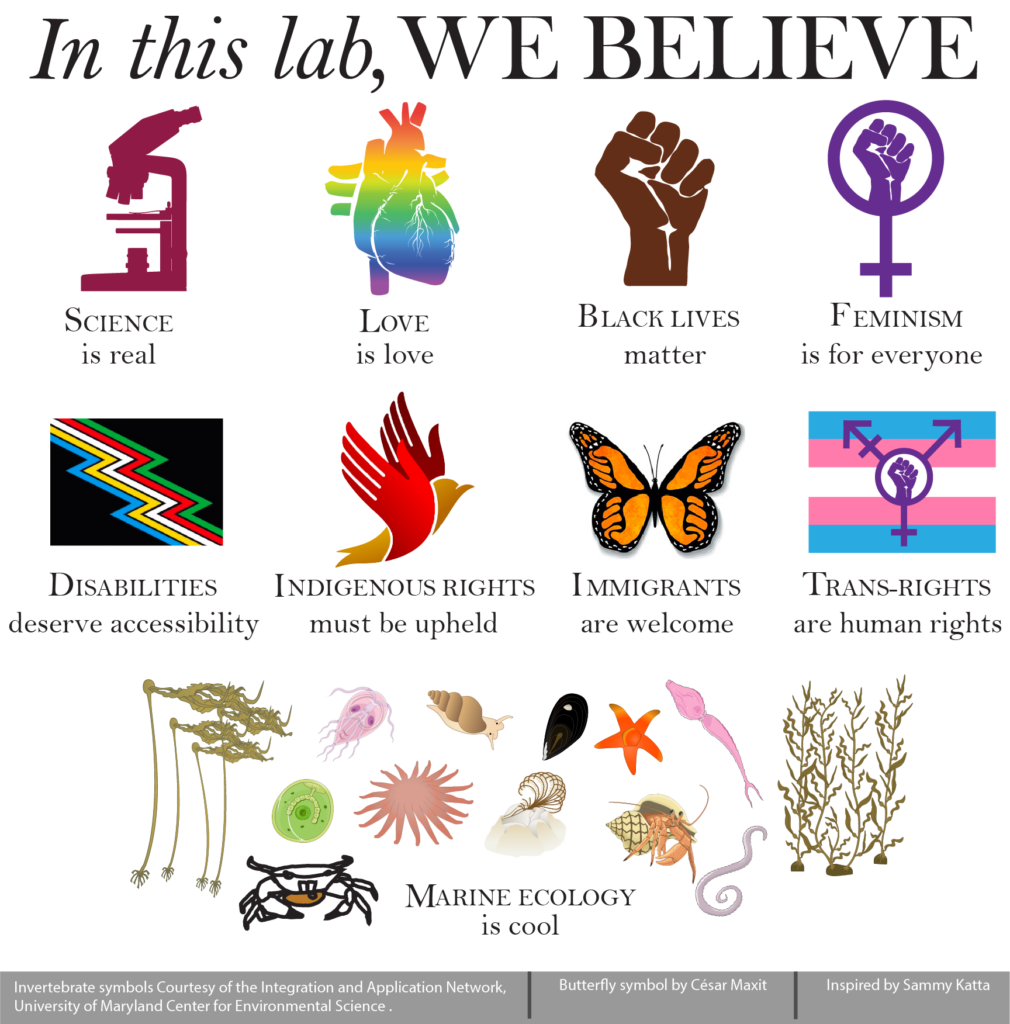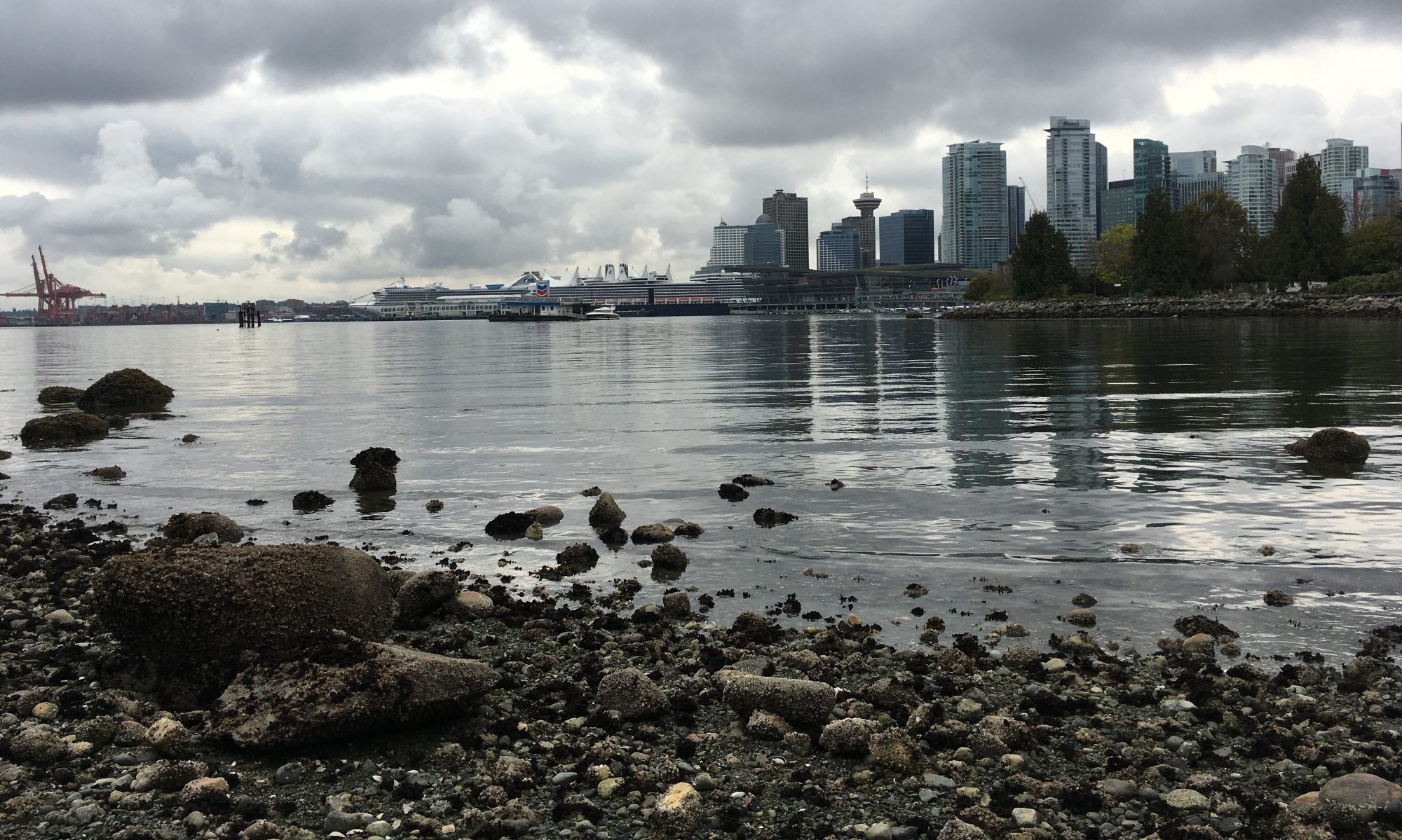Ocean acidification (OA)
Increasing concentrations of carbon dioxide from human activities are having large effects on the chemistry of the oceans. Increasing CO2 and decreasing pH are making it more costly for marine organisms to build shells. We are investigating the impacts of OA on the growth of several species, including sea urchins, turban snails, sea stars, mussels, and kelps. Our goals are to understand 1) how changes in fertilization, larval development, and adult growth will result in changes in population dynamics, and 2) how disproportionate effects on interacting species will alter community structure.
Thermal stress and global warming
Intertidal organisms already live very close to their thermal tolerance limits, which means that even small changes in temperature can have important impacts on intertidal communities. We are using observational and manipulative techniques in the field to determine how different species respond to stress, and how rising temperatures will change interspecific interactions such as competition, predation, facilitation, and disease.
Climate change and salinity stress
The Strait of Georgia is strongly influenced by outflow from the Fraser River. Fraser River flow, and thus local salinity, changes from year to year and is generally decreasing over longer scales with warming and shifts in precipitation. We are studying the impacts of these changes on the population dynamics of dogwhelks, grazing by limpets, and predation by the keystone predator Pisaster. We hope to predict how ongoing and future increases in salinity will influence the distribution and abundance of sensitive taxa both directly and indirectly via changes in top-down control by consumers.
Ecology of invasive species
Non-native species ranging from tunicates in marinas to periwinkles on rocky shores have the potential to dramatically alter coastal ecosystems. In collaboration with the Canadian Aquatic Invasive Species Network, we are examining the connections between climate change, species invasions, native species diversity, and ecosystem function.
Long-term ecological change
Documenting historical ecological change in response to climate forcing is challenging due to the scarcity of data. We are now using available historical datasets to examine the effects of warming, salinity change, and sea level change on zonation patterns on rocky shores. We also take advantage of organisms like turban snails that record their own growth history in the form of annual growth bands.

